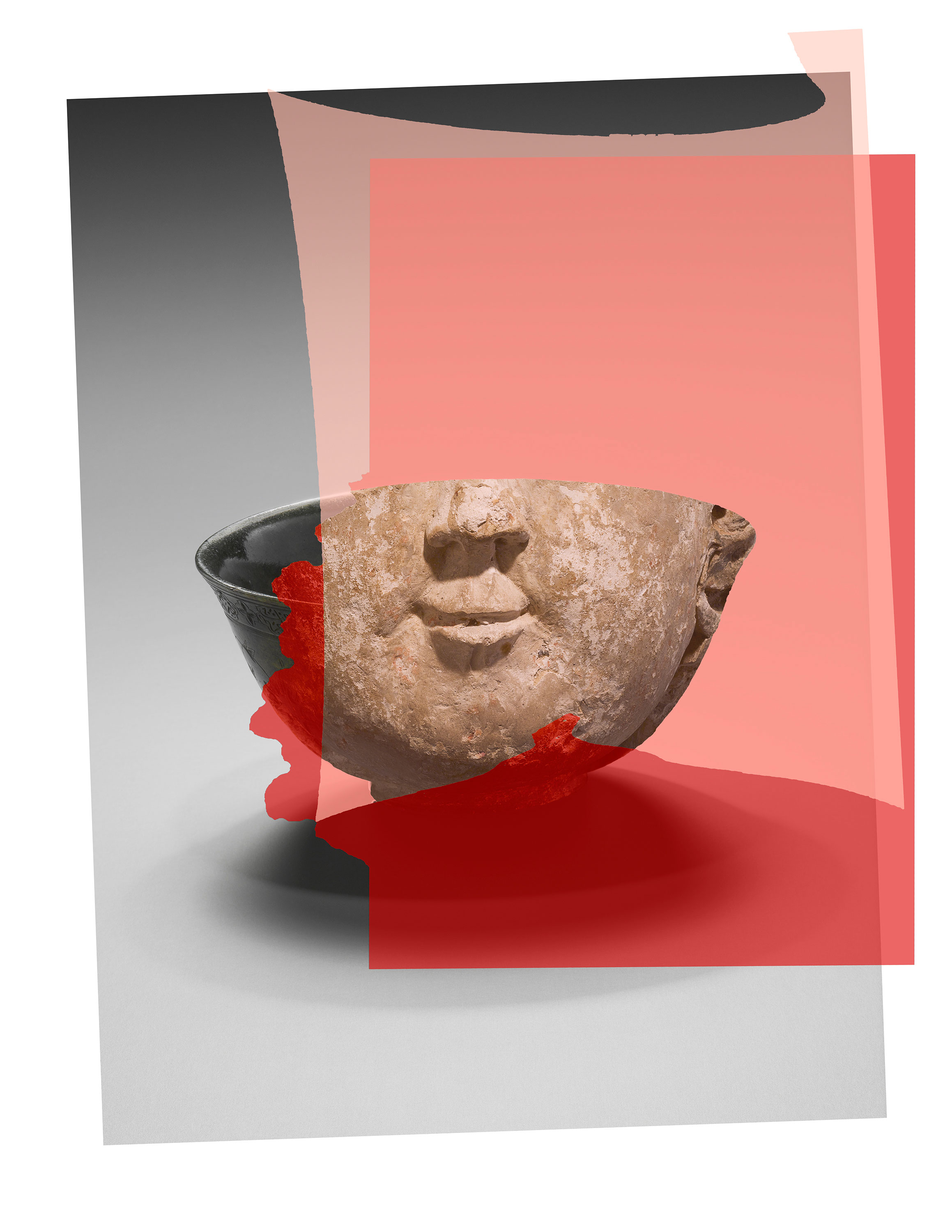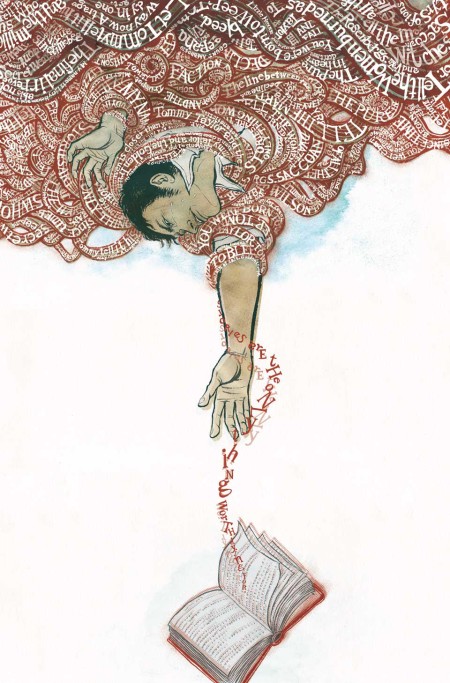Originally published in Portuguese as DA FICÇÃO in Jornal O Diário de Ribeirão Preto, São Paulo, on 26 August 1966.
Consider Newton’s famous sentence: “hypothese non fingo” (my hypotheses are not feigned). On the other hand consider Wittgenstein’s sentence: The sciences discover nothing: [they] invent. The contradiction between the two sentences unveils a profound change of our concept of reality and fiction, discovery and invention, of the place of the given. Indeed, it reveals a loss of faith in reality as given and discoverable. And it shows our situation as a fiction set and invented by us. The sense of the fictitious all around us, and pretense as the atmosphere of our life, is the issue of our time, and also the theme of this article.
The reader might object, that there is nothing especially timely in this topic. That it is, on the contrary, a theme that follows the entire course of thought. There are always thinkers who feel that the world is a misleading fiction. To give just a few examples: Plato (we see only shadows); Medieval Christianity (the world is a trap set by the devil); Renaissance (the world is a dream); Baroque (the world is theater); Romanticism (the world is my representation); Impressionism (the world’s “as if” contrasts).
No, dear reader, this is not the feeling that is articulated in Wittgenstein’s sentence. All examples mentioned conceive the world as fiction when compared with some external reality. For Plato the shadows we see contrast with the reality of ideas. For the medieval Christian the valley of tears contrasts with the Divine reality. For the Renaissance dreamer the senses awakened contrasts with the reality of thought. Beyond the baroque theater of the world is the mathematical reality backstage. For romanticism the world as my representation springs from the reality of the will. To Impressionism the world as if contrasts with the reality of the transcendent I. But for Wittgenstein (and Einstein and Kafka, and Sartre, and Mondrian, and Beckett, and for Hitler and the Beatles, and the youth on Rua Augusta, and for the reader, and me) there is no comparative reference for the fiction that surrounds us. Fiction is the only reality. And this is the subject of this article.
What is said if I say, “fiction is reality”? A contradiction in terms. This is the subject of the theory of Being, of ontology. If you say “fiction is reality” you establish a sentence that denies the meaning of its terms, a meaningless sentence. And simultaneously you annihilate the matter of ontology. In this sentence there is this clear sense of annihilation, that in logic can be called the sense of the nonsensical, philosophically the sense of nihilism, existentially as the absurd, theologically as the sense of Manichaeism, and clinically as the sense of madness. It is the condition of the present. Consider how this works.
Take for example this table. It is a solid board on which to rest my books. But, as we know, this is fiction. This is the fiction named the “reality of the senses.” The table if regarded in another way, is an almost empty electromagnetic and gravitational field. Alongside which float other measurable fields, fields called “books”. But, as we know, this is fiction. This is the fiction named the “reality of the exact sciences.” If considered in other respects, the table is an industrial product, and phallic symbol, and work of art, and other types of fiction (which are realities in their respective discourses). The situation can be characterized as follows: From the point of view of physics the table is apparently solid, but in reality hollow; and from the point of view of the senses the seemingly hollow table, is solid in experiential and immediate reality. Asking which of these perspectives is more “real” has no meaning. If I say “fiction is reality,” I proclaim the relativity and equivalence of all possible points of view.
Well, and if we eliminate all possible points of view? What if we put them all “in brackets” and try to contemplate the very essence of the table? What remains? Phenomenology answers this question: “pure intentionality remains.” But this means, strictly speaking, “there is nothing left”. The table is the sum of the points of view that focus on it. The reality of the table is the sum of all the fictions that form it. Reality is the coincidence of these different fictions. And if we eliminate these phenomenological fictions, like layers of an onion, what is left remaining in the onion: nothing.
Eager to save a reality that is not fictitious we invert the terms. Accordingly, the table is a fiction, or sum of its fictions. But reality is that across the table, from where fictions are projected. The table is fiction, but we, as inventors of the table, are reality. What! we ask perplexed? What are we without the table – or without an equivalent of the table, without any object? Are we not exactly what we project on tables? Our “subjective transcendence” without an object to be transcended is absolutely nothing. We are real only in terms of the table, or an equivalent object. Without any object we are mere fiction, a mere virtuality.
Well, and if reality is neither in the object nor in the subject, but maybe is in the relationship between the two? In bipolarity? In the predicate that unites subject and object? Accordingly, both subject and object are fictions. But reality is the relationship between them. It follows that the knower and the known are fictions. But knowledge is reality. Then life and the living are fictions. But experience is reality. Okay, but if there are so many relations as points of view? If the table is my knowledge as solid board and empty field? Both are reality. They are ontologically equivalent. And this admission means, basically, the admission that reality is fiction, and fiction is reality.
All this is madness. All this is pretense. Our epoch pretends to be mad. Deep down we know what reality is. A reality that neither experience nor knowledge can provide, because both are misleading. A reality that faith alone provides. But mind you: who pretends to be crazy, is crazy. Hamlet pretends to be mad – but his fiction is, for this reason, his reality. After pretending to be crazy so much, Hamlet proves he is mad. In pretending to believe in both the fiction of experience and reason, we lose faith in reality.
The feeling of absurdity and the atomic mushroom are there to prove it.


